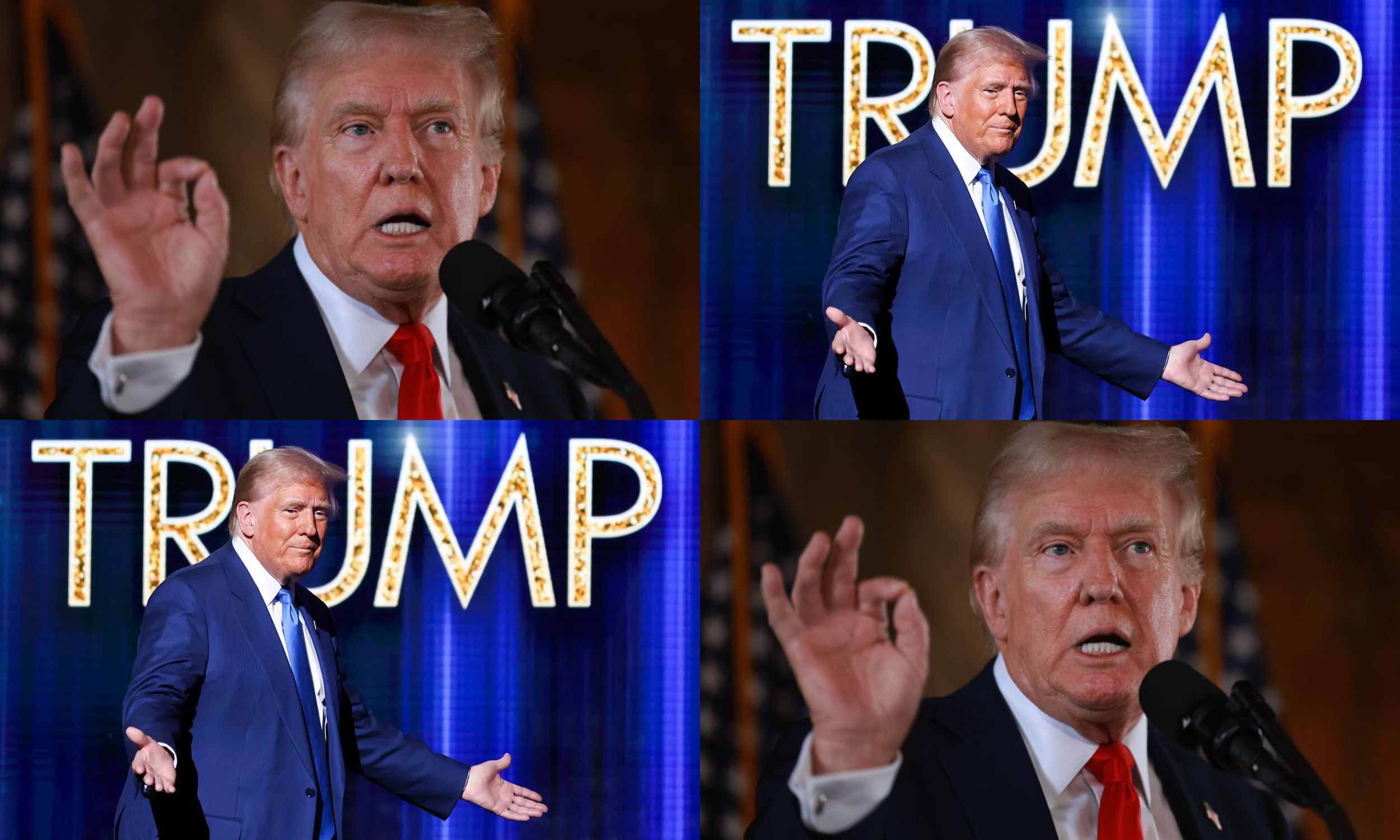Republican senators, reflecting on the January 6, 2021, attack on the Capitol, have indicated that decisions regarding pardons for protesters convicted of federal crimes rest solely with President-elect Trump.
The recent pardon issued by President Biden to his son, Hunter Biden, for offenses spanning an 11-year period has sparked discussions among Senate Republicans, suggesting it sets a precedent for Trump to extend clemency to his supporters involved in the Capitol riots.
Despite this, GOP senators have chosen to avoid directly addressing Trump’s call for the incarceration of House Jan. 6 Committee members. As debates intensify over Trump’s controversial Cabinet appointments, many Republican senators have opted to remain cautious about his promise to grant pardons for those convicted of crimes related to the Capitol attack.

Senate Republicans have emphasized Trump’s broad authority in this matter, with incoming Senate Majority Leader John Thune noting, “The president’s pardon power is quite expansive, as evidenced by Biden’s actions.
This decision is entirely his to make.” Thune also refrained from commenting on Trump’s suggestion to jail members of the House Jan. 6 Committee, stating it was a matter for appropriate authorities to investigate.
Trump has expressed intentions to begin issuing pardons for January 6 protesters immediately upon taking office. The Department of Justice reports that over 1,250 individuals have faced convictions or guilty pleas for their roles in the Capitol breach, with 645 receiving prison sentences.
Senator John Cornyn acknowledged that presidential pardon powers fall within Trump’s discretion, drawing parallels to Biden’s actions with his son. Close ally Senator Lindsey Graham conveyed a willingness to support Trump’s potential pardons but cautioned against extending clemency to those who assaulted law enforcement officers during the riots.
Graham appeared less concerned about protesters who entered the Capitol unlawfully, disrupting the certification of Biden’s electoral victory, but he dismissed the notion of imprisoning members of the Jan. 6 Committee as unwarranted.
Republican perspectives on pardoning January 6 participants have softened since Trump’s sweeping victory in battleground states during the presidential election, which also delivered GOP majorities in both congressional chambers.
However, Senate Republican Leader Mitch McConnell previously opposed any leniency for rioters, stating in 2022 that sentences for those guilty of crimes should not be reduced.
Thune and Cornyn, earlier this year, distanced themselves from Trump’s portrayal of convicted individuals as “hostages,” rejecting the characterization entirely. Senator Bill Cassidy, who voted to convict Trump during his 2021 impeachment trial, expressed a desire to understand Trump’s criteria for potential pardons before commenting further.
Cassidy also emphasized the rule of law, noting that many individuals convicted for January 6 offenses admitted guilt. Trump recently revealed that his team is evaluating pardons, asserting that the convicted individuals have endured real hardship.
He indicated that exceptions may apply depending on the nature of the crimes. Cassidy speculated that Trump might exclude those convicted of more serious offenses, such as assaults on Capitol police officers, but stressed the need to await further details.
Trump’s long-standing intention to pardon hundreds of individuals involved in the January 6 events, whom he has referred to as “hostages,” has drawn criticism even within his party.
Former Vice President Mike Pence, who was targeted during the attack, has publicly opposed Trump’s terminology and declined to endorse his 2024 candidacy. Pence’s stance reflects the deep divisions among Republicans regarding accountability for the Capitol riots.


